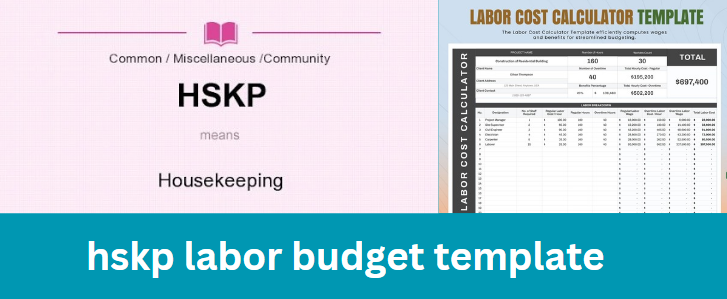Each person responds to pain differently, and the main objective is to identify a treatment plan that works for you. The plans should match a person’s unique needs and requirements depending on the pain experienced.
Pain management services can develop an effective plan while reviewing factors like an individual’s condition, health, and personal preference. Here are some of the ways a medical practice can modify pain management plans to suit individual patients:
Contents
Setting Realistic Expectations
Setting realistic goals is key to any successful treatment plan as it helps the patient control pain. Effective treatment plans improve your quality of life and help you do everyday activities. This includes enhancing quality of sleep and mobility. Personalized pain management focuses on an individual’s experience, the level of pain, and finding its root cause. Pain management services use factors like medical history, emotional well-being, pain intensity, and lifestyle when developing a treatment plan. Professionals can create a more effective treatment plan to match individual needs by focusing on personal differences.
Multiple Pain Management Techniques
Personalized pain management entails using different interventions, including non-pharmacological and pharmacological approaches. A comprehensive pain management plan increases the likelihood of a successful combination of various treatments, such as pain medications, physical therapy, and lifestyle modifications. Other treatment plans could include radiofrequency ablation, spinal cord stimulation, decompression surgery, and much more. The focus is on the individual’s goals and needs while reviewing potential risks, preferences, and interactions with other conditions and treatments.
Frequent Adjustments and Evaluations
Pain management is an ongoing process since individuals react to treatments and interventions differently, making regular assessment a necessity. Your healthcare team must regularly monitor the effectiveness and progress of the recommended treatments. They can adjust the treatment plan depending on your progress, emotional well-being, pain scale data, and physical function. They will use their findings to adjust your plan to continue meeting your evolving needs and optimize pain relief.
Patient Education and Empowerment
Pain management education helps empower patients by equipping them with the right tools for their treatment, such as lifestyle stress management or exercise. Awareness of different treatment modalities helps to foster a sense of control and reduce anxiety, which will help improve chronic pain. Tailored information offers specific details relevant to a person’s pain type and condition, making education more practical and applicable. This can include hydration or diet. Personalized plans encourage individuals to actively take responsibility for managing their pain, reducing dependence on pain management professionals.
Find Pain Management Services That Work
Find board-certified pain management services that use a multidisciplinary and comprehensive approach to offer personalized treatment plans to treat chronic pain. Choose professionals with a good history of using effective treatment plans to help patients return to maximal function. Prioritize one who addresses patients’ procedural, surgical, and clinical needs holistically. Contact pain consultants who can offer the best possible outcome to improve your quality of life and achieve some control over your pain. They’ll help you find various treatment plans with combined processes to help with physical function.





















+ There are no comments
Add yours